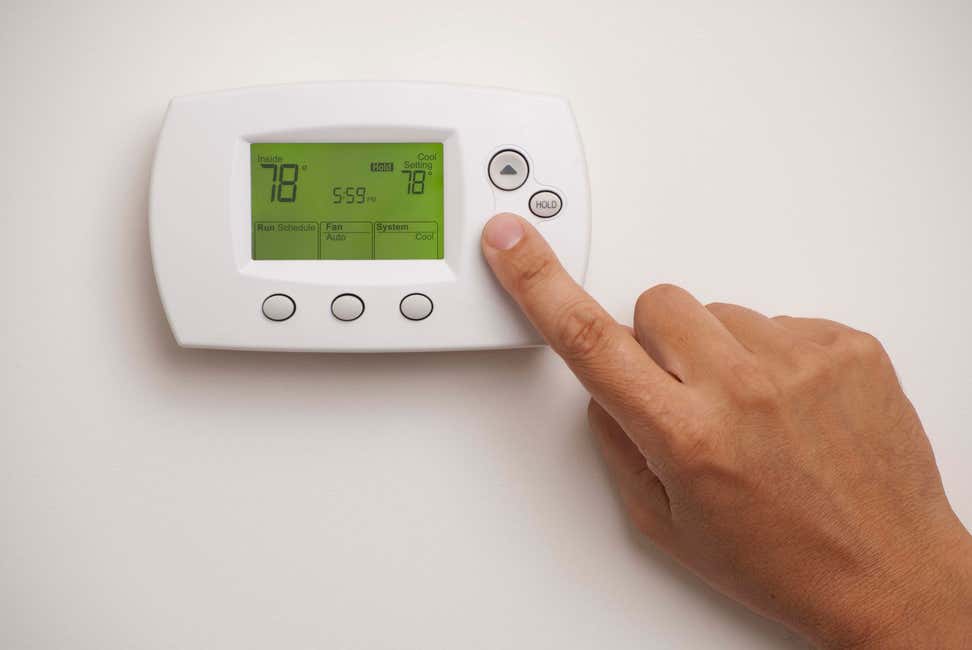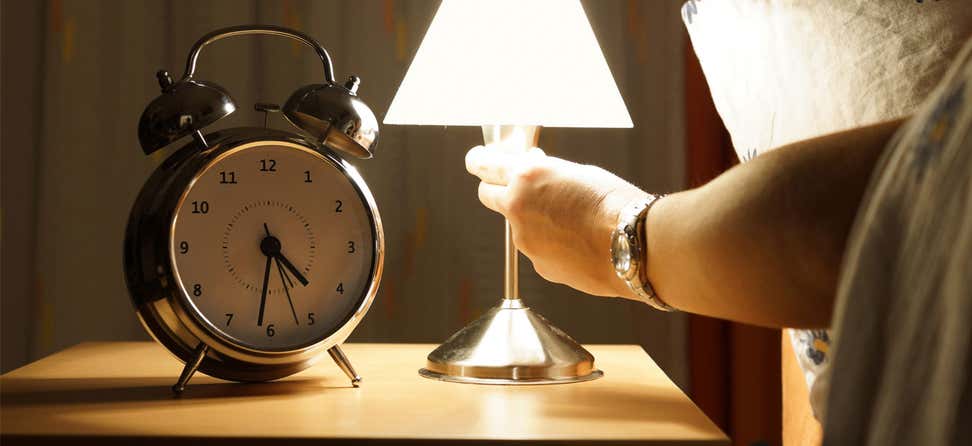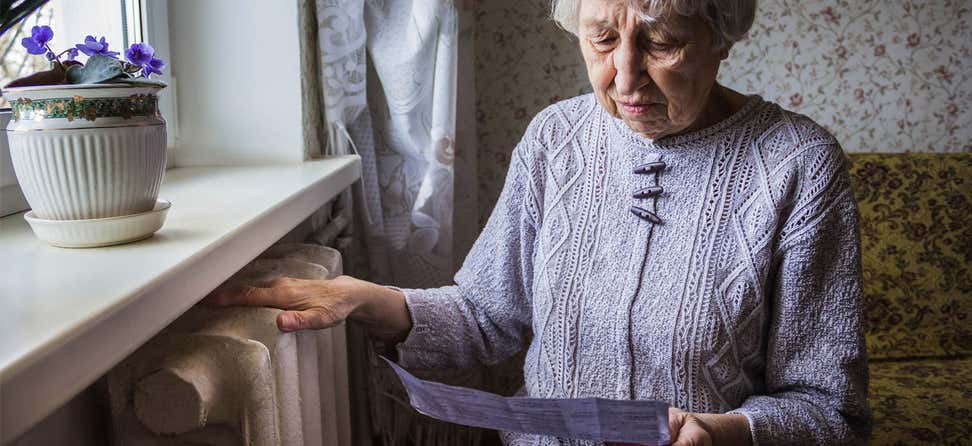Key Takeaways
Not being able to heat or cool you home can lead to dangerous situations and trade-offs.
Several benefit programs can help older adults and adults with disabilities pay for energy and utilities.
Learn more about the programs and check to see if you could be eligible at BenefitsCheckUp.org.
Low-income seniors and adults with disabilities sometimes make dangerous choices when they cannot afford to properly heat/cool their homes. Several benefits programs can help with energy assistance needs.
Low-Income Home Energy Assistance Program (LIHEAP)
LIHEAP is a federally funded program that provides grants to states, territories, the District of Columbia and tribes to assist qualified individuals with their home heating and cooling costs. In addition to assistance with energy bills, some funds are available to make improvements to homes and apartments to make them more energy efficient and reduce heating bills. Each state has different qualifications for their LIHEAP program and different application processes.
Weatherization Assistance Program (WAP)
WAP enables low-income families to permanently reduce their energy bills by making their homes more energy efficient. Assistance is available regardless of whether a person owns or rents, lives in a single-family home, multi-family housing complex, or a mobile home. The U.S. Department of Energy provides funding to states, U.S. overseas territories, and Indian tribal governments, which manage the day-to-day details of the program.
Emergency Assistance
Many states also offer emergency assistance to help low-income clients avoid having their utilities shut off. To find out what programs may be offered in your area, contact the National Energy Assistance Referral project at 1-866-674-6327 or TTY 1-866-367-6228.
Other Forms of Energy Assistance
Some states, energy companies, and localities offer other forms of assistance with home energy costs for seniors and other vulnerable populations. Check to see what's available in your state.






